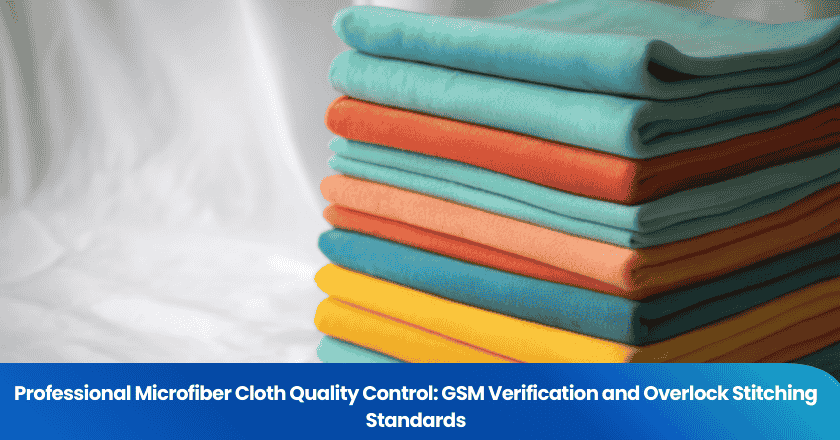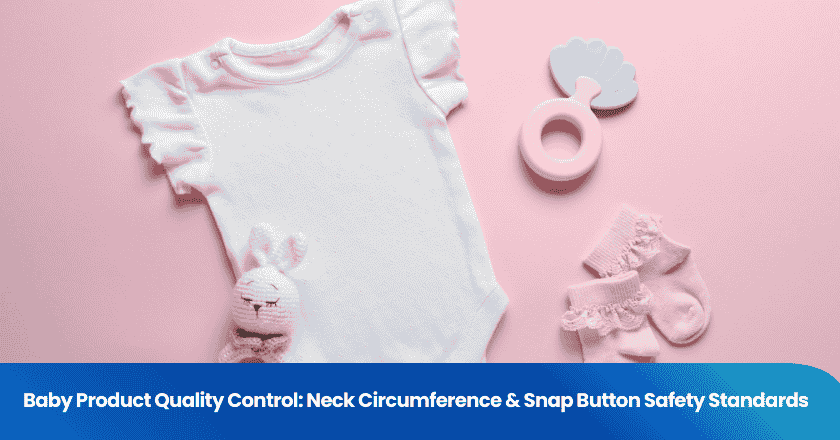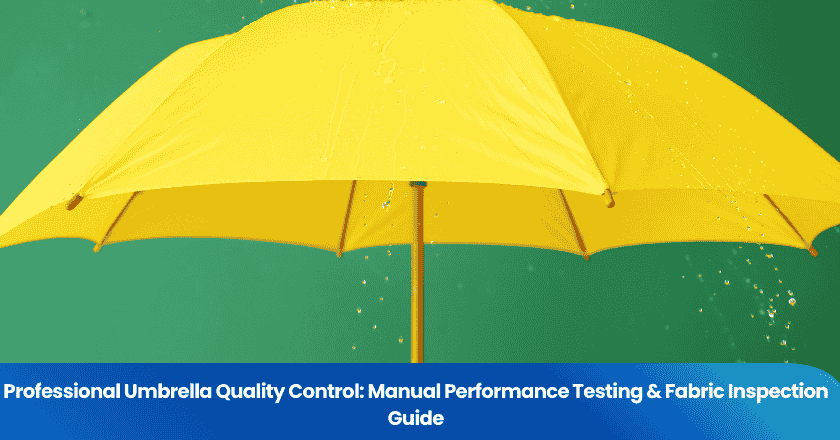
A supplier quality engineer ensures that the products you receive from vendors meet strict quality and regulatory standards. You rely on this role to reduce defects and improve reliability in your supply chain.
- You see 100% inspection and strict controls when issues arise.
- Root cause analysis and corrective actions prevent problems from repeating.
- Ongoing monitoring helps maintain high product quality.
This expertise protects your business from costly errors and builds trust in your products.
Key Takeaways
- A supplier quality engineer ensures that products from vendors meet quality and regulatory standards, reducing defects and improving reliability.
- Regular audits and clear communication with suppliers are essential for maintaining quality and building strong relationships.
- Implementing corrective actions and ongoing monitoring helps prevent quality issues and supports continuous improvement.
- Understanding and complying with regulatory standards like ISO 9001 and GMP is crucial for maintaining a strong supply chain.
- Proactive quality management leads to cost savings by preventing issues before they escalate, enhancing overall business performance.
Supplier Quality Engineer Role
Definition
You serve as a supplier quality engineer when you act as the technical bridge between your company and its suppliers. In this role, you connect purchasing, engineering, manufacturing, and supplier teams. Your main goal is to ensure that every product or service from external vendors meets your organization’s quality and regulatory standards.
- As a supplier quality engineer, you take responsibility for:
Ensuring compliance with company and regulatory standards.
Conducting audits to assess supplier performance.
Establishing control procedures to enhance product quality and customer satisfaction.
Maintaining the integrity of your supply chain.
Facilitating clear communication between vendors and internal teams.
You do not just check products; you also develop and implement quality control plans. You work closely with suppliers to resolve manufacturing and quality issues. You monitor advanced quality planning systems and provide technical support throughout the product lifecycle.
Purpose
Your purpose as a supplier quality engineer centers on protecting your company’s reputation and bottom line. You make sure that materials and components from suppliers align with your organization’s quality expectations. You manage supplier performance, conduct regular audits, and collaborate with internal teams to address any quality issues that arise.
- You evaluate supplier performance through audits and assessments.
- You implement corrective actions to address quality concerns.
- You develop and maintain supplier quality agreements.
- You collaborate with suppliers to improve process capabilities.
- You review and approve supplier-provided quality documentation.
- You conduct root cause analysis for supplier-related defects.
- You manage supplier quality non-conformances and follow up on corrective actions.
- You monitor supplier performance metrics and report findings to management.
- You facilitate communication and relationship-building with key suppliers.
- You support new product development by ensuring supplier readiness.
You also ensure that suppliers comply with important regulatory standards. These standards include:
| Regulatory Standard | Description |
|---|---|
| ISO 9001 | Quality management systems standard |
| IATF 16949 | Automotive quality management standard |
| GMP | Good Manufacturing Practices |
| FDA Requirements | Regulations set by the Food and Drug Administration |
You help suppliers understand and meet these requirements, which keeps your supply chain strong and reliable. By focusing on quality assurance and compliance, you act as a bridge between manufacturing and suppliers. This approach enhances product quality and supports your company’s success.
Responsibilities
Audits
You play a critical role in auditing supplier processes and products. As a supplier quality engineer, you define clear requirements for your suppliers and hold them accountable. You conduct regular audits and business reviews at supplier sites to assess their capabilities and build strong relationships. These audits help you verify that suppliers meet your specifications and maintain compliance with industry standards. You also use supplier data to increase throughput and minimize risks.
Regular audits allow you to identify issues early and address them before they affect your production line.
Supplier Relationships
You must manage complex relationships with suppliers. Communication often presents a challenge. Many suppliers report that communication with clients needs improvement, and nearly half struggle to resolve queries with key customers. You need to maintain open and regular communication to ensure expectations are clear.
- Maintaining communication
- Securing supplier buy-in for performance management
Suppliers may view performance management as micromanagement or an unnecessary burden. You must build trust and encourage collaboration to overcome these challenges. Your ability to foster strong relationships leads to better quality outcomes and smoother operations.
Quality Standards
You ensure that suppliers comply with relevant quality standards. In electronics manufacturing, you often work with standards such as:
| Quality Standard | Description |
|---|---|
| ISO 9001 | A standard that specifies requirements for a quality management system (QMS). |
| IPC-A-610 | Acceptability of Electronic Assemblies, a standard for the electronics manufacturing industry. |
| RoHS | Restriction of Hazardous Substances, ensuring compliance with environmental regulations. |
You conduct regular internal audits, review management systems, and provide training on these standards. You also control documentation and analyze customer feedback to identify areas for improvement. By taking corrective and preventive actions, you drive continual improvement in supplier performance.
Skills & Qualifications
Technical Skills
You need a strong technical foundation to excel as a supplier quality engineer. Most employers expect you to have a bachelor’s degree in engineering, such as mechanical, electrical, or chemical engineering. You should understand manufacturing processes and quality systems. Many companies value certifications like ASQ Certified Quality Engineer (CQE) or Certified Quality Auditor (CQA). Experience with Six Sigma or Lean Manufacturing principles helps you drive process improvements and reduce waste.
Key technical skills include:
- Direct experience in manufacturing areas such as machining, composites, or valves
- Project management skills for handling multiple supplier projects
- Familiarity with quality systems and tools like OnePLM, Trackwise, and SLMS
- Knowledge of process controls, supplier audits, and barcode traceability
- Understanding of regulatory standards such as ISO 13485 and EU MDR
You also use statistical analysis daily. You monitor supplier performance using metrics like yield, defect rates, and delivery quality. You apply statistical process control (SPC), capability studies, and sampling plans to ensure product quality.
| Role/Activity | Description |
|---|---|
| Monitor Supplier Performance | Use metrics to assess and improve supplier output and reliability. |
| Data Aggregation | Analyze data trends to identify issues and drive improvements. |
| Statistical Methodologies | Apply SPC, control charts, and sampling plans for quality assurance. |
Communication
You must communicate clearly and professionally with suppliers and internal teams. Regular updates keep everyone informed about changes in orders or quality expectations. Collaborative meetings help you discuss performance and improvement opportunities. When issues arise, you address them promptly to prevent escalation.
Effective communication strategies:
- Schedule routine meetings to review supplier performance
- Share resources and align mutual goals for better outcomes
- Engage suppliers in continuous improvement initiatives
| Evidence Point | Description |
|---|---|
| Strong Relationships | Clear communication builds trust and strong supplier partnerships. |
| Minimized Misunderstandings | Direct dialogue reduces errors and confusion. |
| Continuous Improvement | Ongoing discussions support quality enhancements and innovation. |
Education
Most positions require a college degree in mechanical or electrical engineering, or a closely related field with a focus on quality. Employers often look for candidates with additional certifications, such as CQE or Six Sigma. These credentials enhance your skills in supplier auditing, performance measurement, and quality improvement.
| Qualification Type | Description |
|---|---|
| Degree Required | College degree in Mechanical/Electrical engineering or related discipline. |
| Certifications | CQE, CQA, Six Sigma, or PMP preferred for advanced quality management roles. |
Business Impact
Product Quality
You play a direct role in shaping the quality of finished products. As a supplier quality engineer, you work closely with suppliers to ensure they meet your company’s standards. You address quality issues, improve supplier processes, and verify compliance with regulations. In consumer electronics, you perform audits, inspections, and testing to assess supplier performance. These actions help maintain high product quality and reduce the risk of defects reaching your customers.
You can measure your impact using several key metrics:
| Metric | Description |
|---|---|
| Supplier Defect Rate | Measures the number of defects per unit from suppliers. |
| On-time Delivery | Assesses the reliability of suppliers in delivering products on schedule. |
| Overall Equipment Effectiveness | Evaluates the efficiency of equipment used in production, indirectly reflecting supplier quality. |
Cost Savings
You help your company save money by preventing quality issues before they escalate. Early detection of supplier problems reduces waste, rework, and warranty claims. You also streamline processes and encourage suppliers to adopt best practices. These improvements lower production costs and minimize delays. When you maintain strong supplier relationships, you can negotiate better terms and avoid unexpected expenses.
Tip: Proactive quality management often leads to fewer recalls and less downtime, which boosts your company’s bottom line.
Risk Management
You manage risks that could disrupt your supply chain or damage your company’s reputation. You use established frameworks to identify, assess, and control potential threats. Common risk management models include:
- ISO 31000: A widely recognized international standard for risk management.
- COSO ERM: A framework focused on enterprise-wide risk management and internal control.
- Pharmaceutical Supply Chain Initiative (PSCI): An industry-specific model.
You apply these frameworks to monitor supplier performance, ensure regulatory compliance, and respond quickly to emerging risks. Your efforts protect your company from costly disruptions and help maintain customer trust.
As a supplier quality engineer, you drive product quality and ensure compliance with industry standards. You foster collaboration with suppliers, implement Lean Six Sigma methodologies, and help your organization adapt to complex supply chains.
- You enhance supplier capabilities, which leads to innovation and a resilient supply chain.
- You reduce costs by improving supplier processes and aligning business goals.
- You maintain structured quality management, which lowers defects as supply chain complexity increases.
| Benefit | Description |
|---|---|
| Supply Chain Resilience | Developed suppliers handle market changes, keeping your supply chain stable. |
| Competitive Advantage | Strong supplier partnerships give you an edge in the marketplace. |
| Quality Improvements | Collaboration results in higher quality products for your customers. |
Recognize the impact of supplier quality in your organization. Your efforts support long-term growth and business success.
FAQ
What industries hire supplier quality engineers?
You find supplier quality engineers in industries like automotive, electronics, aerospace, medical devices, and consumer goods. These sectors rely on complex supply chains and strict quality standards.
How do you become a supplier quality engineer?
You usually need a bachelor’s degree in engineering or a related field. Certifications in quality management, such as CQE or Six Sigma, help you stand out. Experience in manufacturing or quality assurance is valuable.
What tools do supplier quality engineers use?
You use tools like statistical process control (SPC), root cause analysis, and quality management software. You also rely on checklists, audit templates, and performance metrics to monitor supplier quality.
Why are supplier audits important?
Supplier audits help you verify that suppliers follow your quality and regulatory requirements. Regular audits catch problems early and support continuous improvement.
What is the difference between a supplier quality engineer and a quality engineer?
A supplier quality engineer focuses on managing and improving supplier performance. A quality engineer usually works within your company to maintain internal product quality. Both roles support high standards, but their main responsibilities differ.
Grow your business with TradeAider Service
Click the button below to directly enter the TradeAider Service System. The simple steps from booking and payment to receiving reports are easy to operate.





